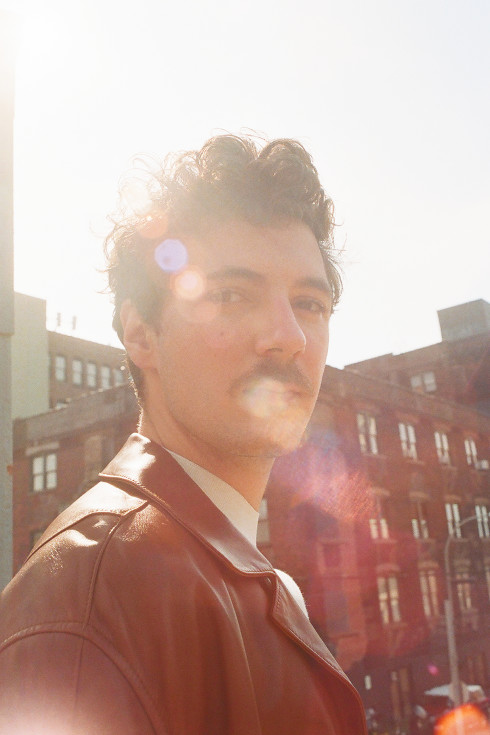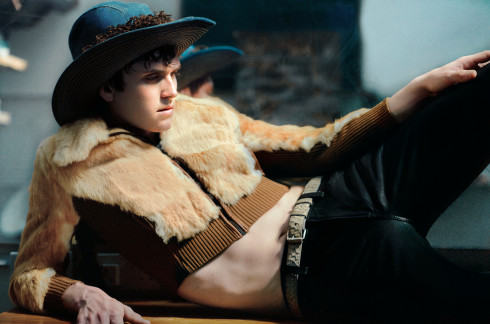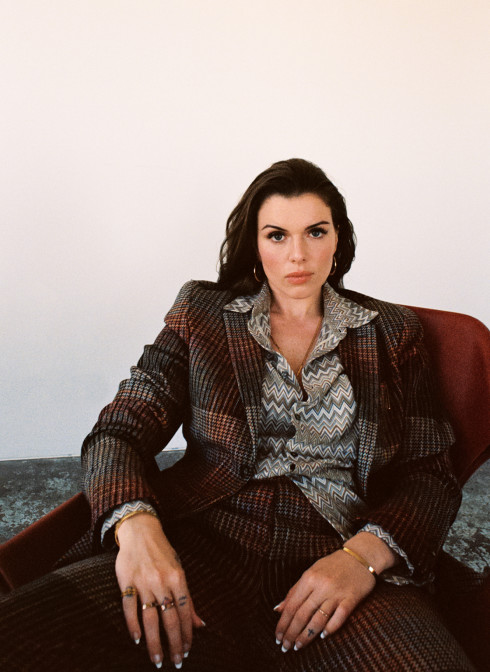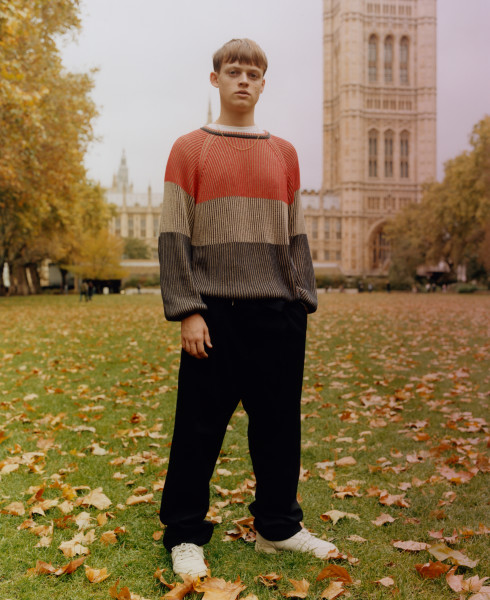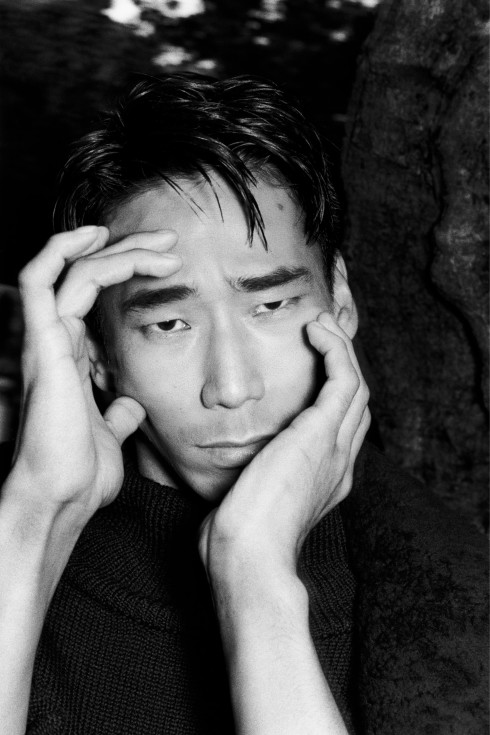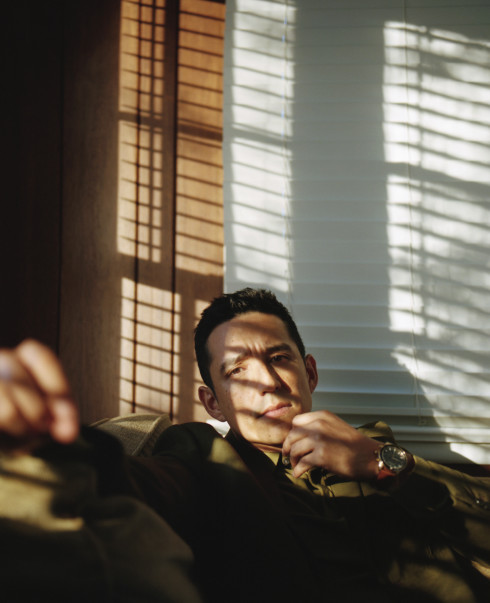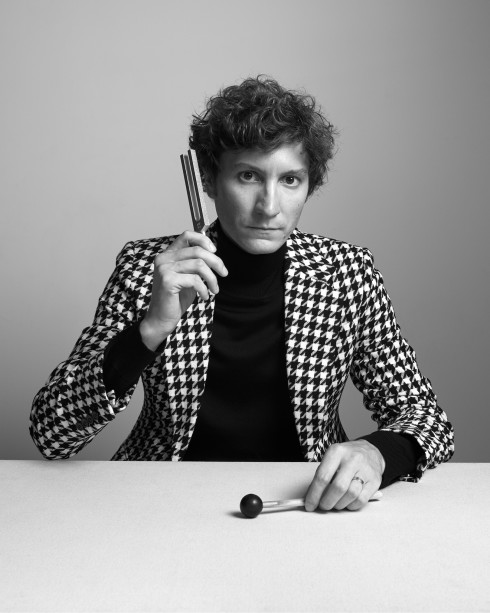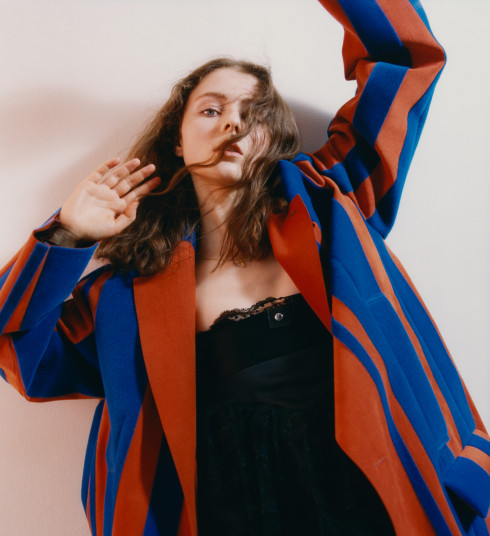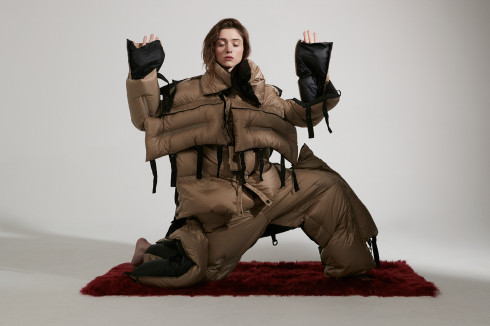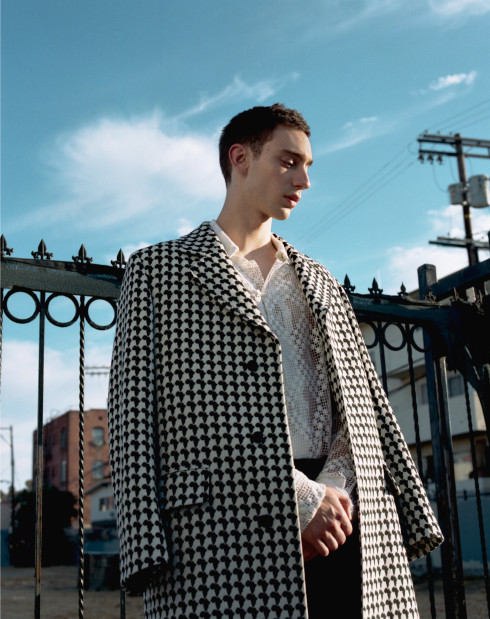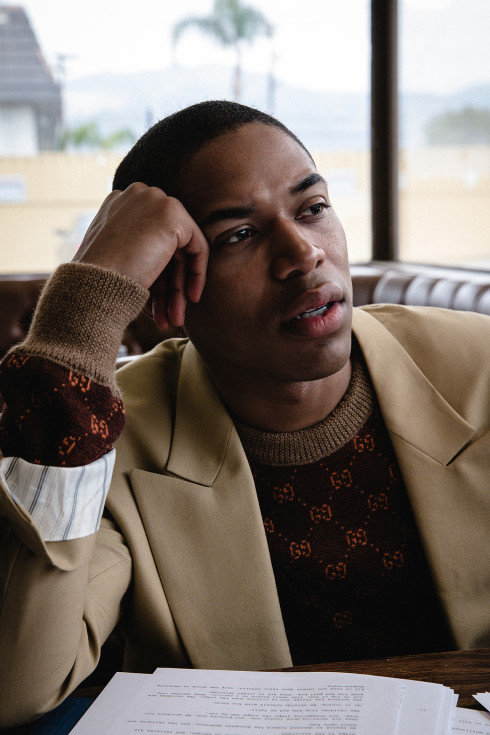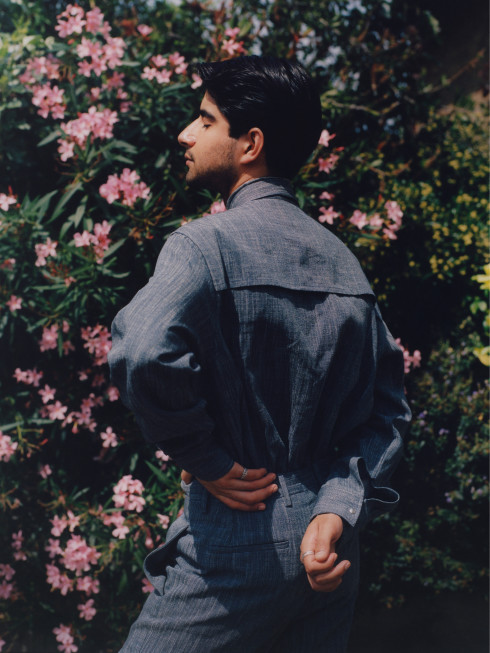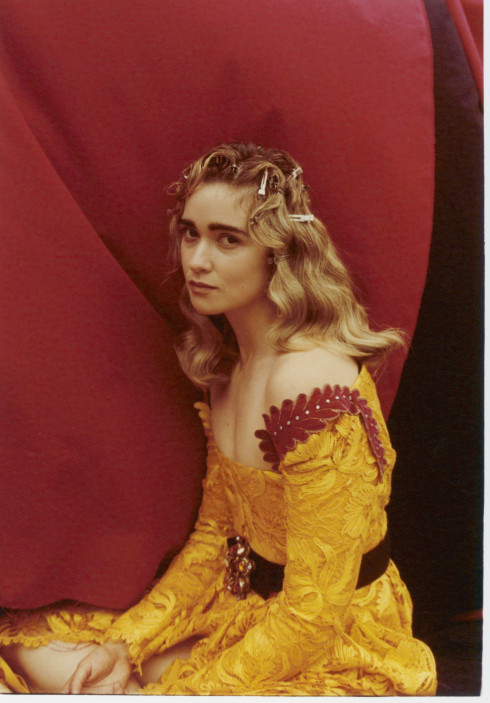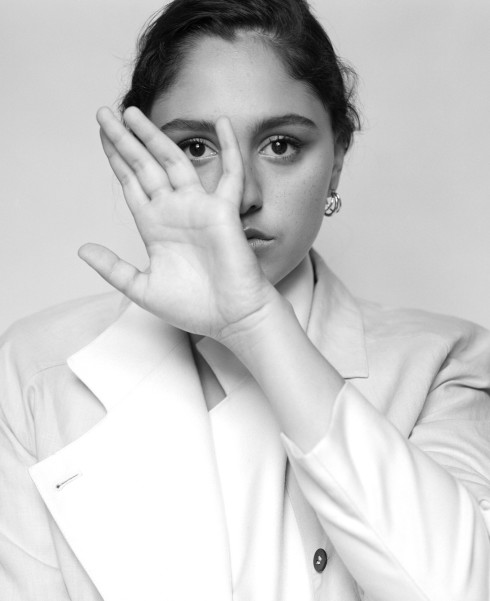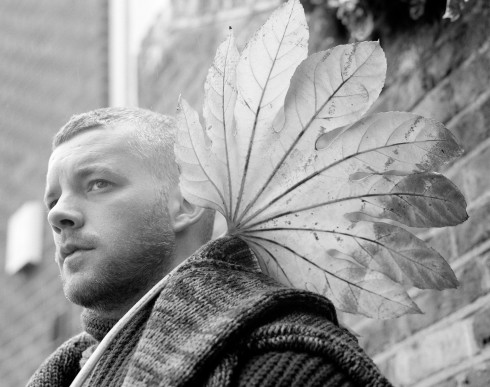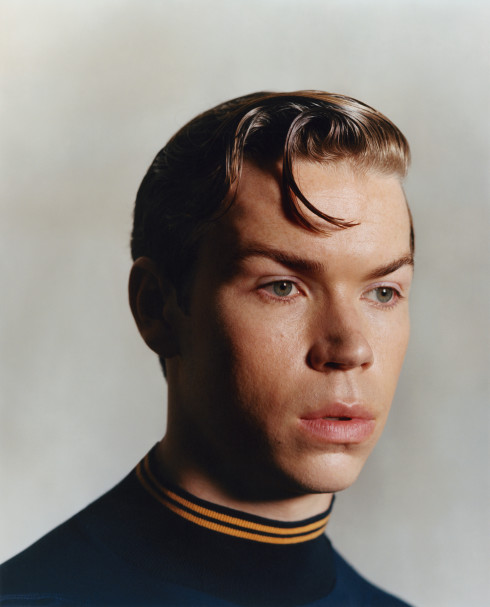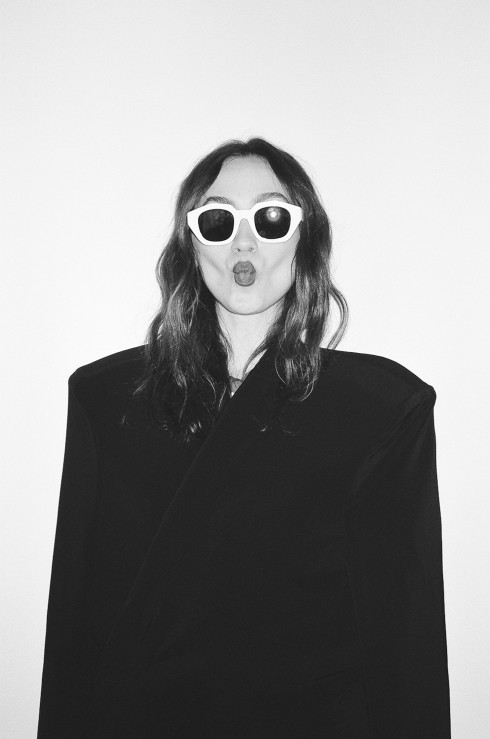
Jacques Naude Tackles Nature and Nurture in "Agulhas"
On paper, Jacques Naude’s new short film “Agulhas” feels like a continuation of the themes he explored in his first film “Overberg;” he revisits South Africa, nature, aging, and the linearity in familial bonds. “I felt like my first short films were vital in terms of my experience, my youth, and the history of my background,” Naude considers. Both Overberg and Agulhas—the name of a cape in the Overberg region at the southern-most tip of Africa—were settings from his upbringing, each revealing a part of his identity formed in those very places. With “Agulhas,” however, Naude reveals more than that, expressing a more complex vision of the world while developing his ability as a storyteller.
“Agulhas” is set in a fishing town, where a young boy named Angelo has a recurring dream in which his grandfather appears as a humpback whale in the ocean, seemingly existing only to give a warning of danger to the boy. Despite his desire to become a painter and his fear of the water, Angelo’s premonition becomes unavoidable when his fisherman father wants to wade out into an angry sea. The viewer is left with ambiguity about the characters and what is actually real, but beneath that uncertainty, there is honesty about the fears we have when we’re growing up and how our lineage informs that.
In “Agulhas,” the shots had to be more carefully crafted in order to capture the lush ambiance that blurs dreams from reality. It also meant Naude had to work in much harsher conditions than the sunny fields of Overberg. “There was obviously all the elements of nature when it comes to the ocean because you’ve got to work with tides,” he recalls. “We had to work with wind, we had to work with the ocean, the waves, the swell.” The most striking scenes involve the humpback whales who appear in Angelo’s dreams. Naude had planned a dive off the coast of Tonga, where humpback whales gather to give birth, when his friend Steve Benjamin mentioned he had already been tracking humpbacks for over five years. “I flew down to South Africa and lo and behold, he had spectacular whale footage for us to use. We then took all that whale footage and a friend of mine, Daniel Morris, who’s a genie when it comes to special effects, he just enhanced that whole underwater scene, the lighting of it, and just made it that much more dreamlike.”

Any refinement in the cinematography was only to meet Naude’s desire to form more honest, nuanced storytelling. “[‘Overberg’] was more like a poem, whereas ‘Agulhas,’ as you can see, there’s a little more of a narrative line in the story,” he explains. It also represents Naude in a more introspective state, willing to go deeper, with a more complex emotional tone as the result. “I feel like I’m kind of getting to a point in my career where I’m not afraid to explore emotions and character and whether it’s a dark side—just dive in and wrestle with that,” he continues. “And we can also bring the light out of that darkness.”
If “Overberg” was about dreamers, “Agulhas” is about dreams crashing into reality and the corresponding fears that collision stokes. Naude is at his most contemplative about aging and in the film, that rumination manifests as those fears. Though Angelo wants to be a painter, his father only sees fishing as a viable option. At first, it seems like he’s dashing Angelo’s dreams, but he possesses his own fear of survival and of passing down this generational responsibility. “They’re still very much in an old world,” Naude elaborates. “It’s a small fishing town, they fish to survive and they provide the fish for the community, and it’s one of the last standing ones. There are very few left. They’re dying by the second.”
In many ways, the whale serves as a connection to nature, but it was also important in representing the grandfather as a prescient being. “I grew up to see the whale as the most majestic being on this planet,” Naude reflects. “I think it holds a certain intellect and mysticism about itself, especially in the time now where nature is so fragile.” The choice may have resolved itself in Naude’s subconscious shortly after he had finished “Overberg,” when his own grandfather passed away. The grandfathers have a different dynamic between the two films, but they both serve as guiding forces, even when they aren’t physically present. There’s a romanticism in the symbology of the whale; this is the light he offers amid the darkness. When life is over, we all effectively recede back into the ocean, back into nature.
As a filmmaker, Naude is most interested in evolving his storytelling and a full-length feature is in his sights. His next short, “Ziggy,” is a reflection on nature once again, but for the first time brings him out of Africa and into Wyoming and is in a documentary format. Nonetheless, “Overberg” and now “Agulhas” were both necessary releases, capturing an integral part of his life. “I think both my first two films were two films that I just had to get out of the way,” Naude reasons. “Now I’m tackling different topics and ideas and stories, but I feel like those two, especially with me being South African, there was something in me I needed to get out that was the truth.” Even now, he still finds things in these two films that he wasn’t even aware of, allowing the stories to capture fragments of his identity. “I like to not watch a film for a couple of years and then I’ll watch it again, and I feel like it speaks to me so much differently,” he says. “There are certain messages and tones and notes and all kind of stuff that reflect back at me as I’m growing older, that just resonate with me differently, maybe more clearly. Maybe I’m seeing differing sides to my work that I didn’t see when I was right in there and part of that process.”
For more information and to view “Agulhas,” please visit JacquesNaude.com/Agulhas.

